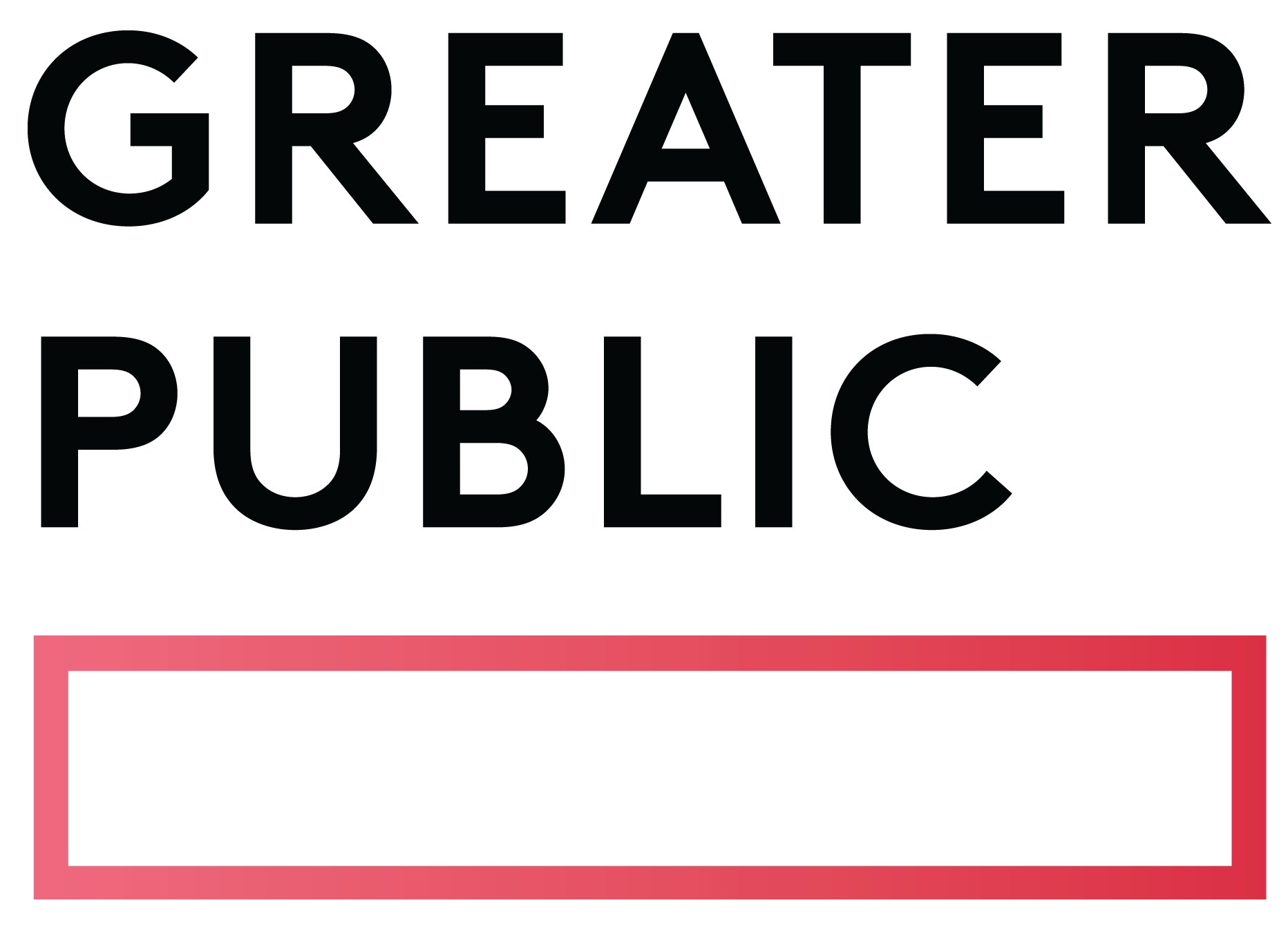Related Articles
Subscribe to the Greater Public newsletter to stay updated.
This site is protected by reCAPTCHA and the Google Privacy Policy and Terms of Service apply.

Two major hurricanes have hit the Southern coast in the last two weeks and the challenges to the communities impacted are and will continue to be great in the weeks and months ahead. These storms will likely change plans that stations in the affected area had for major donor contacts. As you are able, take some time to assess your communication plan for donors so that your donors feel like partners and you’re positioning yourself to maintain major giving revenue.
Here are four ways that we at Greater Public recommend you move forward.
This time period may be absolutely chaotic for you and your donors, depending on how communication and public service operations are coming back online. Once you feel that you have a moment, take that time to reach out to your donors. The sooner you communicate how your station is functioning in the wake of the storm(s) to your donors, the more they will feel like a trusted member of your team. If your portfolio is small enough to send a personal email to each of your donors, choose that option. If you regularly text with your donors that is also a great way to keep in contact. If you have hundreds or thousands of members in your $1,200 gift club, a group message will suffice, but take pains to create your copy that still feels personal and authentic.
What should you say?
Many organizations thought the “safe route” during the 2008-2009 Great Recession was to disengage with major donors and prospects because the economy was poor and they felt uncomfortable asking for gifts. This was a mistake that led to lower revenue and weakened long-standing relationships.
To avoid that now, continue to follow your carefully created plans for each major donor with appropriate, thoughtful adjustments. Your donors may now be out of the area for weeks or months while repairs occur, so many of the contacts you’ve planned will need adjustment. Understand that the timing for an ask now may be in February, for example, rather than in November.
Larger donor events may be canceled and station tours might be challenging because of transportation. Instead of relying on these face-to-face interactions, you’ll need to be creative in your engagement just like we were in the early days of COVID lockdowns.
Do not put off asking your major donors for a gift because you are worried they will say no due to the storms. Unless you know they are not in the position to make a gift, the best thing to do is to “ask to ask;” let them know you would like to ask them for support, but you want to make sure it would be appreciated at this time. Remind your donors that the valuable contributions from the station require financial support even more urgently right now.
Richard Perry from Vertius has this recommendation “During a crisis like this it is easy for donors to be distracted so reminding your donors there’s still a need is really, really important.”
Major donor relationships should be built on trust. Donors trust you to help them do good in the world by bringing fact-based journalism to everyone, preserving artistic traditions, and creating community through music. Honor that commitment by being honest and attentive in your communications with donors. Check in with them. Ask how they are doing. Your donors are bound to have personal connections to these storms; asking how their business is faring or if they have a plan for repairs shows you are aware and value their experience.
This is an important time to remember that you’ve built a relationship with donors and you still want to be of service to them.
If a donor who’s previously given $10,000 annually comes to you and says she only feels comfortable giving $5,000 with the uncertainty of her business opening back up, accept that gift gratefully but don’t hesitate to ask her if you can check in with her in six weeks to reassess if she feels more comfortable to return to her previous giving level.
The public media community is a creative and determined one. Sharing ideas and strategies with one another is built into our deepest traditions. This new challenge presents another opportunity for us to help one another. Likewise, at Greater Public, each advisor is ready to be a sounding board for you, talk through strategy, or just be a friendly ear.
As always, Greater Public members can contact our major giving advisor for advice and support on specific questions.

View these related member resources and more with a Greater Public membership:
This site is protected by reCAPTCHA and the Google Privacy Policy and Terms of Service apply.
New to Greater Public? Create an account.
